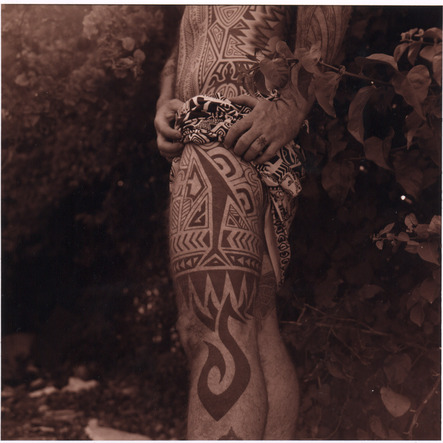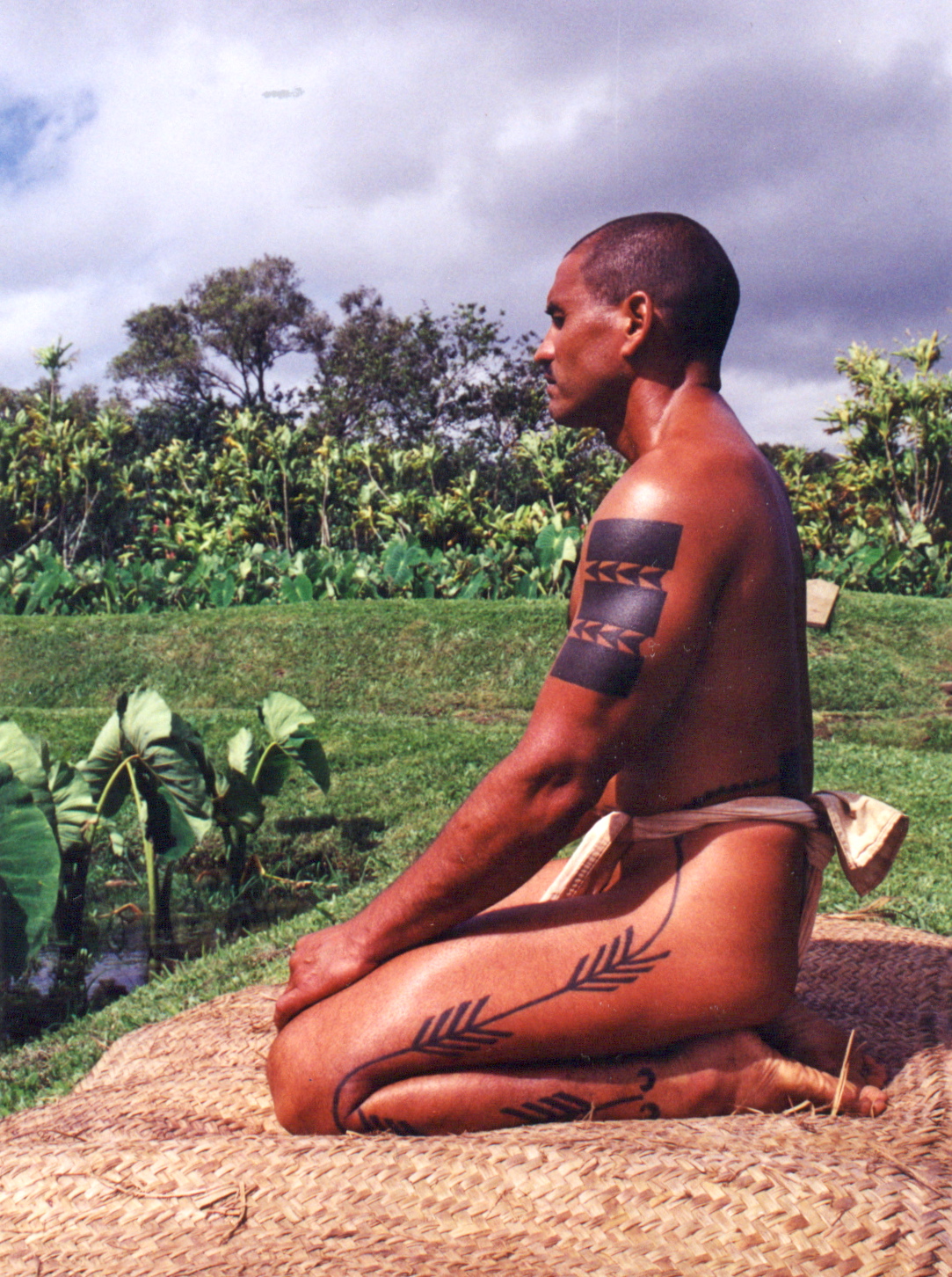
Diversity in Media
By Remington (Remi) Taum, PIC Communications Coordinator.
Producer and director Emiko Omori has been in the PIC ʻohana for many years. PIC funded Skin Stories and Pacific Diaries are among the many films she's directed. Last month the Academy released their list of talented filmmakers, and Emiko Omori was one of them. Being a new PIC staff member, I was excited to have the opportunity to talk with her. I first reached out to Omori to congratulate her on her invitation to be a member of The Academy, which has 17 branches for those involved in the crafts from actors to writers and the members get to vote on who received an Academy award, (also known as an Oscar). As Emiko and I began our conversation, it took a different turn, one that became full of personal depth and filmmaking history.
A conversation with Emiko Omori:
When Remi contacted me, I was in a particularly cynical mood partly because of the current political situation and partly (probably mostly) because of my age. I wanted to say, "It's about time," but that sounded ungrateful. I owe a debt of gratitude to the Academy members who spoke out, an act of outrage and courage I don't possess. I can talk the talk, but my knees buckle when it comes to walking the walk. And a nod to the Academy for their recent efforts to diversify their membership of which I am a beneficiary. Thank you.
I began my film career in 1968 as a cinematographer/editor on the daily news show, "Newsroom" at KQED, the PBS station in San Francisco. I was the first woman news cameraperson "west of New York" I like to say. It was an exciting time in the Bay area, a hot bed of political and creative activity: the San Francisco State University strike for ethnic studies, anti-Vietnam war demonstrations, Black Panther Party organizing in the community and challenging the police, rising feminism, pot and music in the park. It was a time of questioning the culture of the 50s and of breaking out. I was able to survive because of affirmative action that mandated an effort to bring women and minorities into areas that were predominately white men, and because I was good at my job. After four years at KQED, I freelanced as a cinematographer and made my own films.
My most notable personal work is Rabbit in the Moon, an award-winning selection at the 1999 Sundance Film Festival, winner of a national Emmy, and was broadcast nationally on the PBS series POV. It is a documentary/memoir of the incarceration of American Japanese in concentration camps during World War II. A story that uncovers a buried history of political tensions, generational and social divisions. If you're interested in learning more about Rabbit in the Moon, please visit here.
When I was in film school, there was only one other woman. Now film schools are more ethnically and gender diverse. It's common to see women manning cameras, reporting on sports, hosting news shows. Bringing about change in an entrenched system lurches forward and backward. One thing about change is that it's almost impossible to put the genie completely back into the bottle be it positive or negative. For many young people, the only president they know is a black man and, hopefully, in the very near future, a woman. There is no turning back.
Regret to Inform is a film in which Emiko held the role of cinematographer. This documentary is told through women's eyes and puts a human face to the overlooked casualties of the Vietnam war. You will find that widows from both Vietnam and America speak out.
"In a war, women have a lot more responsibility than men...Taking care of babies, make sure the old get fed," Omori explained. "It was quite eye-opening to work on Regret to Inform."
Circling back to the original reason I connected with Omori: The Academy invitation and revisiting the PIC-funded films, like, Skin Stories.
"To be perfectly honest, it was a complete surprise [being invited to The Academy]." she said, "I do appreciate the recognition for Rabbit in the Moon."
In our discussions about the Academy, we again were brought back to minorities, whether it be gender or skin color in Hollywood and how they are represented in the world. Getting diversity in there [The Academy] is a good thing, she explained to me. "I've felt that the race issue is greater than the gender issue." As we hashed through more of the interview, we quickly arrived back at the conversation of culture, history, identity, and of course, tattoos.
Skin Stories, also a PIC 25 in 25 honoree, is about the cultural identity of a people represented by indigenous tattoos. “Going back to native identity was a theme that kept showing up, said Omori, as I talked with each cultural representative in the film. One of the things I'm always trying to do is show different people in a good light."
Curious about the film Skin Stories? Learn more here.

Categories: Newsletter